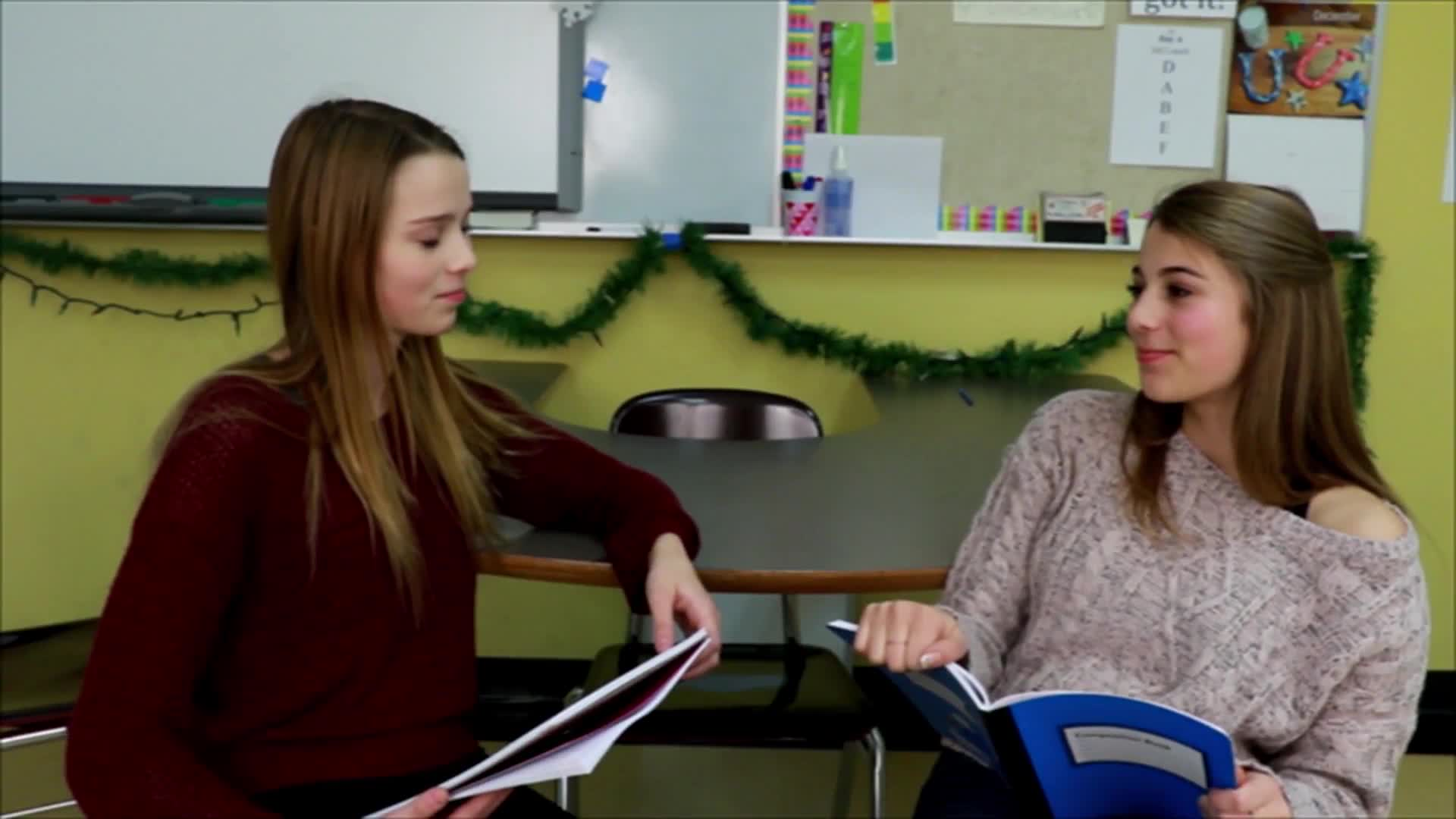
Introduction
Effective communication is an essential life skill that students need to develop, especially those in Special Education. Repair the Conversation is a game designed to help students better understand and navigate conversations, identify when they go off track, and find ways to get them back on track. This activity incorporates principles of Social-Emotional Learning, teaching students to recognize social cues, empathize with others, and communicate more effectively. By playing this game, students will learn how to keep their conversations running smoothly, just like a train on the tracks.
No-Prep Activity
Here’s an activity that requires no preparation or materials from the educator. Simply follow these steps:
- Divide students into pairs or small groups.
- Ask students to come up with a conversation topic, or provide one for them.
- Have students engage in a conversation on the chosen topic.
- Instruct students to intentionally introduce a misunderstanding or confusion in the conversation.
- Ask the other student(s) to identify when the conversation goes off track and find a way to repair it.
- Rotate roles so that each student has a chance to practice both introducing a confusion and repairing the conversation.
- Debrief as a class, discussing the strategies students used to repair their conversations.
Discussion Questions
After completing the activity, use these questions to stimulate further discussions:
- What are some common signs that a conversation is off track?
- How did you feel when you realized the conversation went off track? How did you handle it?
- What strategies can you use to repair a conversation when it goes off track?
- How does repairing a conversation help build stronger relationships and understanding between people?
- Can you think of a real-life situation where you had to repair a conversation? How did you handle it?
Related Skills
Besides repairing conversations, students can also benefit from learning other relevant skills:
- Active listening: Paying full attention to the speaker, understanding their message, and responding thoughtfully.
- Empathy: Putting oneself in another person’s shoes to better understand their feelings and perspectives.
- Nonverbal communication: Recognizing and interpreting body language, facial expressions, and other nonverbal cues.
- Conflict resolution: Identifying and addressing disagreements in a constructive and respectful manner.
- Assertiveness: Expressing one’s thoughts, feelings, and needs in an open, honest, and respectful way.
Next Steps
If you found this activity helpful and would like to explore more resources to support your students’ social-emotional development, sign up for free samples of Repair the Conversation and other related skills. Everyday Speech offers a wide range of materials designed for educators working with Special Education students, helping them develop essential life skills and thrive in their social interactions.

